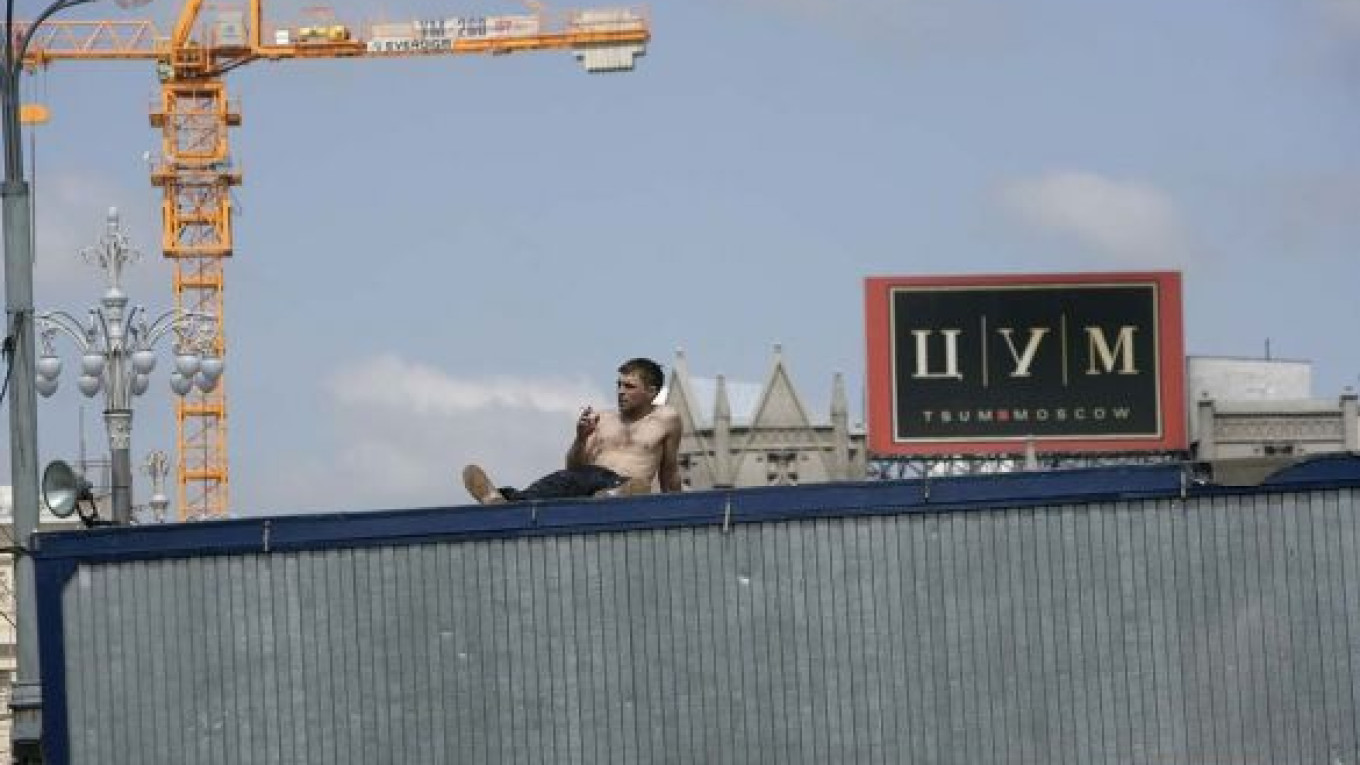Only 48 million out of a total of 86 million people of working age in Russia are employed in sectors which are "transparent and understandable" to the government, Deputy Prime Minister Olga Golodets said on Wednesday.
? "For the others it is unclear what work they are doing, where they are doing it, and under what conditions," Golodets said during the International Academic Conference on Economic and Social Development, which is being held in Moscow, Interfax reported.
Moreover, the level of professionalism of workers is also not high, she added. "We are 20 years behind the international labor market in most professions, if not in all of them," the deputy prime minister said.
Golodets, who has labor issues as part of her portfolio, said that developing a fixed set of professional standards is one way to solve the problem. "It is very important for society to take part in their preparation. There should be around 800 of these standards," she said.
This view is shared by some human resources consultants. "It is a pity, but 'gray' employment is still common in our economy. It is really a big problem, both for the employees, since they are not fully protected by the law, and for the government, for which that means less taxes as well as a slow-down of the economy," said Ekaterina Gorokhova, general director of Kelly Services recruiting agency.
The low level of professional skills is also a problem, Gorokhova said. "Companies prefer to recruit personnel without experience at all and teach them on the job," she said.
Other experts believe the level of transparency on the labor market is much better than it was.? "Over the last 10 years the situation has improved drastically. Before even the best companies could use gray schemes and so on, but today most of them strive to fully comply with the labor laws," says Julia Borozdna, head of employment and migration law practice of Pepeliaev Group.
She also sees the skill-level situation as being not so dire. "In Russia in many areas the level of professionalism of workers measures up to the top world standards," said Borozdna. "This may not altogether be true for construction business and small scale retail, but then again, the same applies to the average worker abroad."
But professional development should be stimulated naturally, by giving more options to employers, she added.
"In order to make a person want to work better, it is necessary to tweak the labor laws. They should protect the worker less and give more flexibility to the employer," Borozdna said.
One move that would help legitimize the labor pool would be fewer bureaucratic requirements to employers, said Yevgeny Reyzman, a lawyer with Baker & McKenzie-CIS.
"The labor and the tax laws have to be revised, in the very least to reduce the heavy paperwork burden," he said.
Contact the author at a.panin@imedia.ru
Related articles:
A Message from The Moscow Times:
Dear readers,
We are facing unprecedented challenges. Russia's Prosecutor General's Office has designated The Moscow Times as an "undesirable" organization, criminalizing our work and putting our staff at risk of prosecution. This follows our earlier unjust labeling as a "foreign agent."
These actions are direct attempts to silence independent journalism in Russia. The authorities claim our work "discredits the decisions of the Russian leadership." We see things differently: we strive to provide accurate, unbiased reporting on Russia.
We, the journalists of The Moscow Times, refuse to be silenced. But to continue our work, we need your help.
Your support, no matter how small, makes a world of difference. If you can, please support us monthly starting from just $2. It's quick to set up, and every contribution makes a significant impact.
By supporting The Moscow Times, you're defending open, independent journalism in the face of repression. Thank you for standing with us.
Remind me later.


